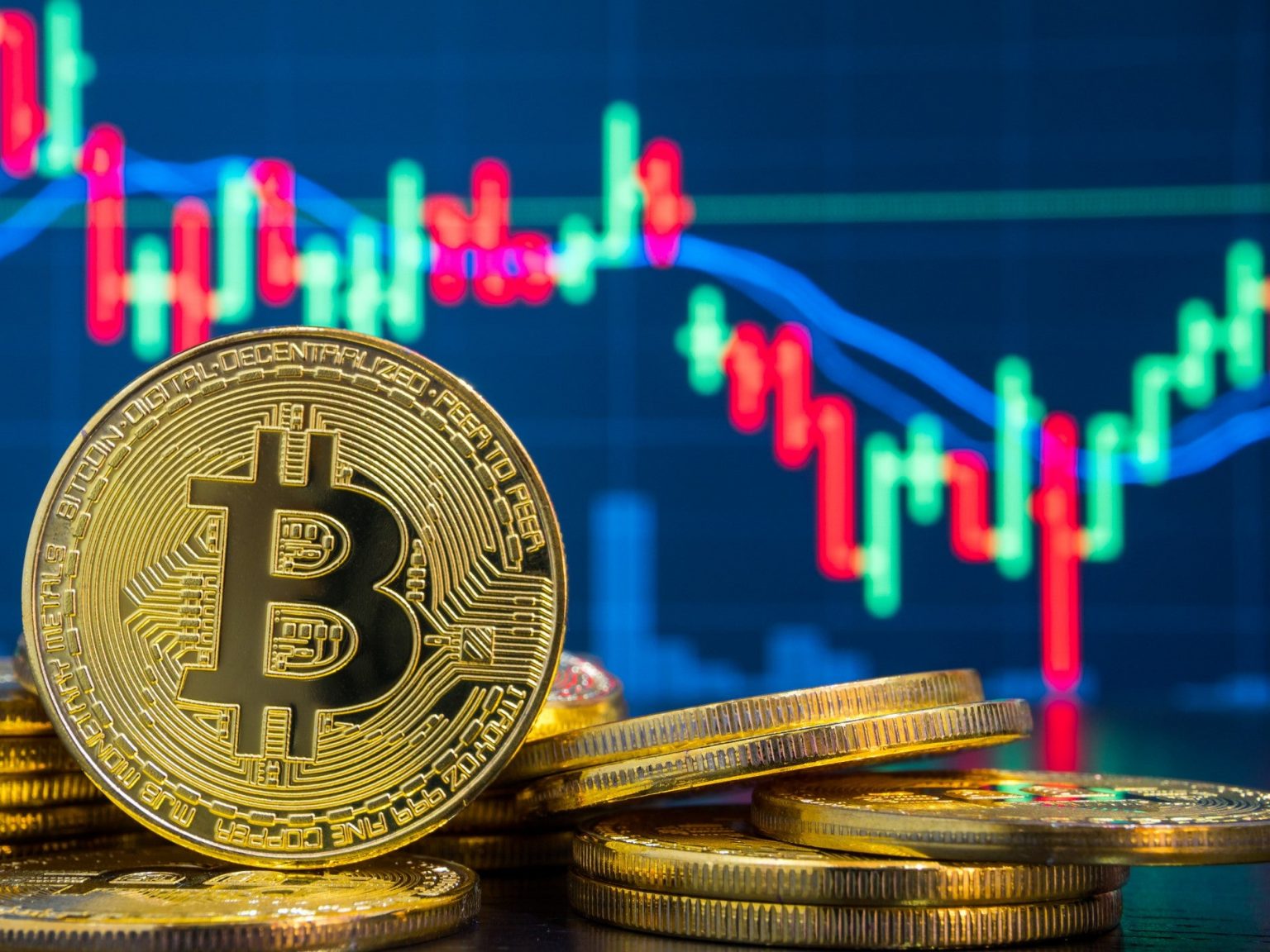Bitcoin trading vs traditional forex- What’s the difference?
Bitcoin trading and traditional forex lie in the nature of the assets being traded. Traditional forex deals with fiat currencies issued and regulated by central banks and governments. Unlike fiat currencies, which derive their value from the economic stability and policies of their issuing countries, Bitcoin’s value is determined by market supply and demand, technological advancements, and investor sentiment.
- Market structure and accessibility
Traditional forex markets operate through a network of banks, financial institutions, and brokers. This interbank market is highly liquid and operates 24 hours a day, five days a week. Access to forex trading is typically facilitated through licensed brokers who act as intermediaries between traders and the market. Bitcoin trading, in contrast, takes place on cryptocurrency exchanges that operate 24/7, 365 days a year. These exchanges can be centralized or decentralized, offering varying degrees of security and features. The barrier to entry for Bitcoin trading is often lower, as many exchanges allow users to start trading with minimal verification processes.
- Volatility and price movements
The most striking difference between Bitcoin trading and traditional forex is the level of volatility. The forex market, being more established and regulated, generally experiences less dramatic price swings. Exchange rates between major currency pairs typically fluctuate within a relatively narrow range, often influenced by economic indicators, geopolitical events, and monetary policies. Bitcoin, however, is notorious for its extreme price volatility. It’s not uncommon for Bitcoin’s value to experience double-digit percentage changes within a single day. This volatility can be attributed to factors such as its relative newness, smaller market cap compared to fiat currencies, regulatory uncertainties, and the impact of news and social media on investor sentiment.
- Liquidity and market depth
The forex market is the largest and most liquid financial market in the world, with an average daily trading volume exceeding $6 trillion. This high liquidity ensures that large trades are executed without impacting the market price. Major currency pairs, in particular, offer deep markets with tight bid-ask spreads. While the Bitcoin market has grown, its liquidity is still considerably lower than that of traditional forex. The total cryptocurrency market cap, even at its peak, is a fraction of the daily forex trading volume. This lower liquidity leads to slippage, especially during times of high volatility or when executing large trades.
Regulatory environment
The regulatory landscape represents another difference between coin target ai and traditional forex. The forex market is heavily regulated in most countries, with strict rules governing brokers, leverage limits, and investor protections. These regulations aim to maintain market integrity and protect traders from fraudulent practices. Bitcoin trading, being a relatively new phenomenon exists in a more ambiguous regulatory environment. While many countries have started to develop regulatory frameworks for cryptocurrencies, the approach varies widely from one jurisdiction to another. Some countries have Bitcoin, while others have imposed strict regulations or outright bans. This regulatory uncertainty impacts Bitcoin’s value and the operations of cryptocurrency exchanges.
- Factors influencing price movements
The drivers behind price movements in Bitcoin and forex markets differ considerably. An economic factors inflation, political stability, economic performance, and central bank policies, influence forex rates. Traders often analyze economic calendars and news events to make informed trading decisions. A different set of factors influences Bitcoin prices. These include technological developments, adoption rates, regulatory news, market sentiment, and sometimes even tweets from influential figures in the crypto space. The nascent nature of Bitcoin means susceptible to speculation manipulation compared to established fiat currencies.




